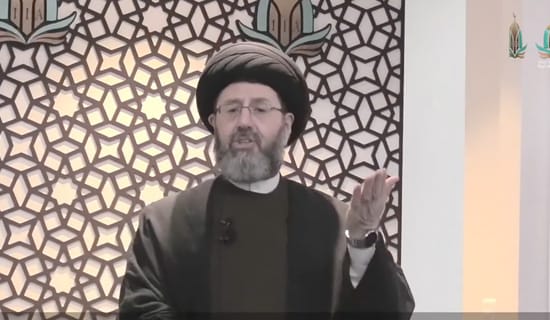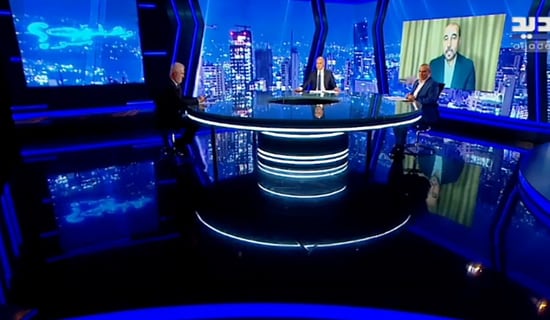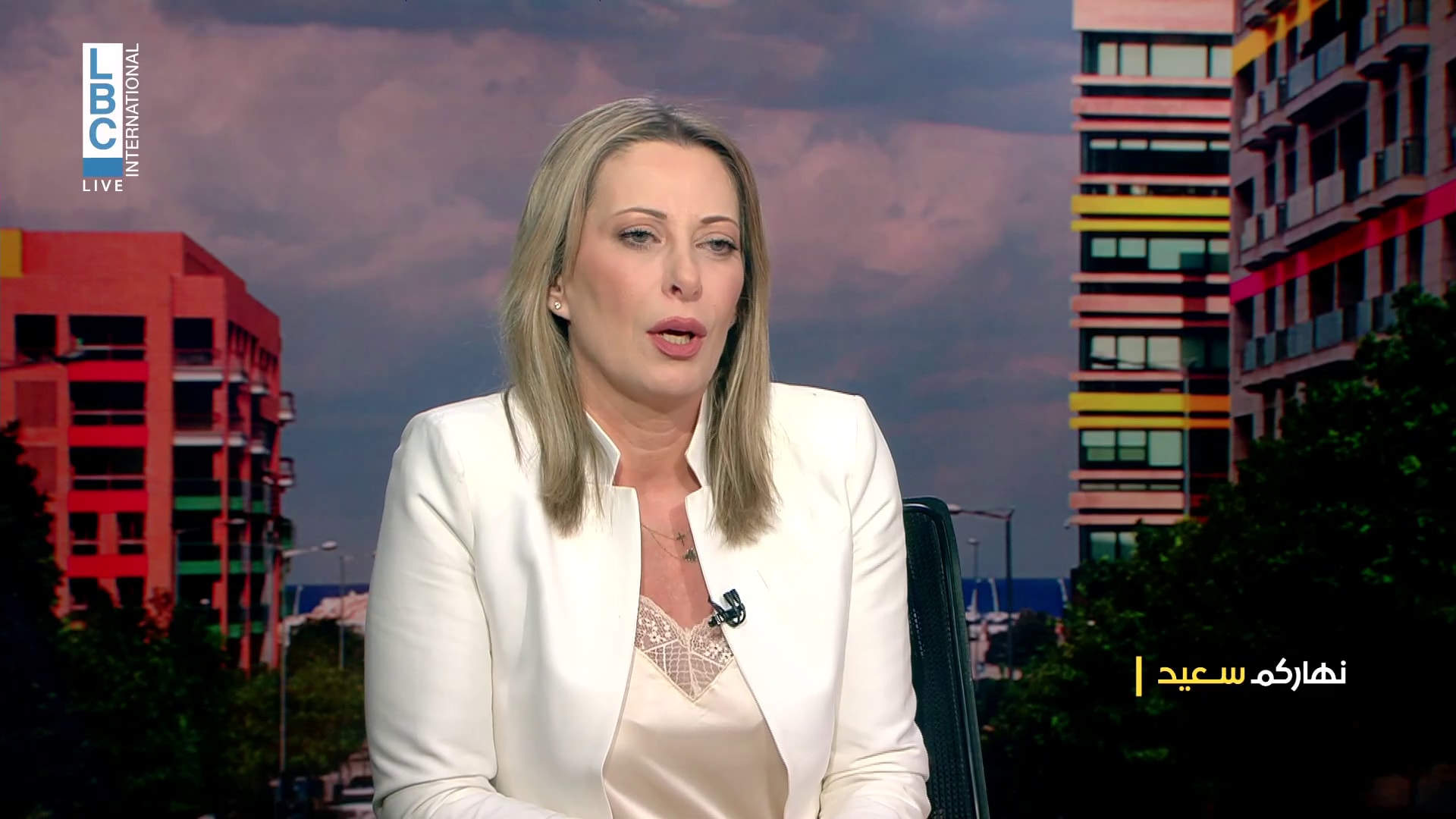
The following are excerpts from the deliberations of the Iraqi national conference:
A delegate: Regarding bringing the UN in as a party (in solving the Najaf problem), the UN has already entered (Iraq) as a party, and senior Shiite authority Al-Sistani has expressed his opinion. He asked the UN to become involved, and this measure has been taken in many countries in the world. The UN has even become involved in internal conflicts. It is not too much to ask, and the goal is to solve the conflict peacefully, as quickly as possible, and to stop the bloodshed in Iraq. I am not saying this for political reasons. I am not involved in politics. I am speaking on behalf of the orphans, on behalf of the bereaved women, and on behalf of the blood that is being shed. Therefore, I ask you to accept this proposal and vote on it. Thank you.
Speaker: Gentlemen, I pray that Allah will guide you to the right decision. Do you agree to us being orphans in Iraq? Do you agree to our voting on UN intervention in an internal matter? Who would agree to UN intervention in our internal affairs?
A delegate: Sir, I would like to say something, with your permission. Since the beginning of this conference we have acted according to the rules customary in all the parliaments in the world. The vote is the deciding factor. From the start, we have asked the honorable Speaker to bring to a vote the issue of changing the election mechanism. Our voice was not heard, and the Speaker has not said whether he is for or against. Now if some delegates - even only one - ask to have a vote we must vote for or against, and only then express our positions. No one has the right to express their opinion this way: "Do you agree or not?" I'm a professor of law, and I know how constitutional law and parliaments work. A member requested a vote, and we must vote so it will be clear whether we are in agreement on this. These are the rules, sir. I apologize for cutting in and interrupting your speech, but enough is enough.
Speaer: Dear sir, if you please?
Delegate: Two days ago we raised proposals and the Speaker is being evasive, and there is no transparency in parliament. Why hasn't the election system been changed yet? In the end it will be too late, it will be 5 pm and the lists will be presented and we will be forced to vote. We will be forced to vote on a prepared list. The independent delegates demand changing the election system, and I represent over 150 of you who want to change the election system. I ask you to hold a vote on this issue. Any issue raised by an MP must be voted on.
Speaker: Gentlemen, please be patient with me. We are discussing human rights. I told you that I'm your guest. Don't you know the rules of hospitality? Allah said, "Lord, burden us not with what we do not have the strength to bear." Why do you burden me with something I cannot bear? We are now discussing the issue of human rights and none other.
A delegate: Sir, may Allah protect you and give you many years. I ask to hold a vote on the human rights regulations proposed by the committee.
Speaker: Allah bless you. We have those who intervene and those who interrupt. Both types must finish before you can cut into the interrupted comments. (laughter)
Delegate: But this does not cancel my proposal to vote on the human rights regulations.
Speaker: Listen to me closely. The problem of Najaf is a very important problem which is a burden on us, on our conscience, on our hearts, and on our souls. We want it resolved peacefully by any means and methods, in order to spare Iraqi blood. If there is no choice but UN involvement in this area, then vote for it. Who is in favor of UN intervention in order to resolve the problem in Najaf? Who is in favor of UN intervention? Who is in favor of UN intervention as a solution? Excuse me, gentlemen. I was just asked to say this: Who is in favor of UN intervention in order to stop the bloodshed in Najaf?
The majority demands UN intervention for? We want? Gentlemen, listen to me closely. If what it takes to stop the bloodshed in Najaf is for the moon to come down to Earth, then so be it.
A delegate: We sent a delegation to Najaf and we must? Excuse me please. We must wait for an answer and only then make a decision.
Speaker: The delegation will not pick a fight with the UN. There's no contradiction. There will be no blows between the two delegations.
A delegate: Excuse me, sir, I would like to say one thing. "The people of Mecca know their city's paths best." Bringing in the UN will only increase the expenses burdening the Iraqi people.
A delegate: Excuse me, this is not true. Sir, excuse me.
Speaker: I heard a voice but did not see the person behind it.
A delegate: Sir, in the days of Saddam, we welcomed international involvement, and the involvement of international organizations and Amnesty International. We used to welcome their involvement when Saddam ruled. In the days of Saddam, we welcomed this - and today we reject it?













